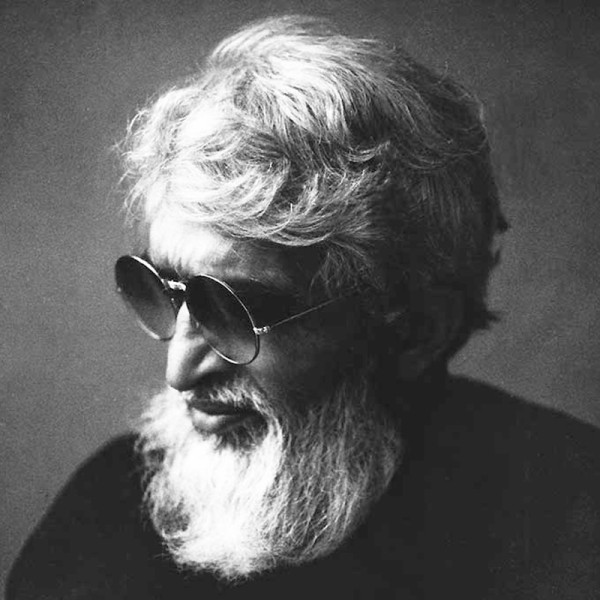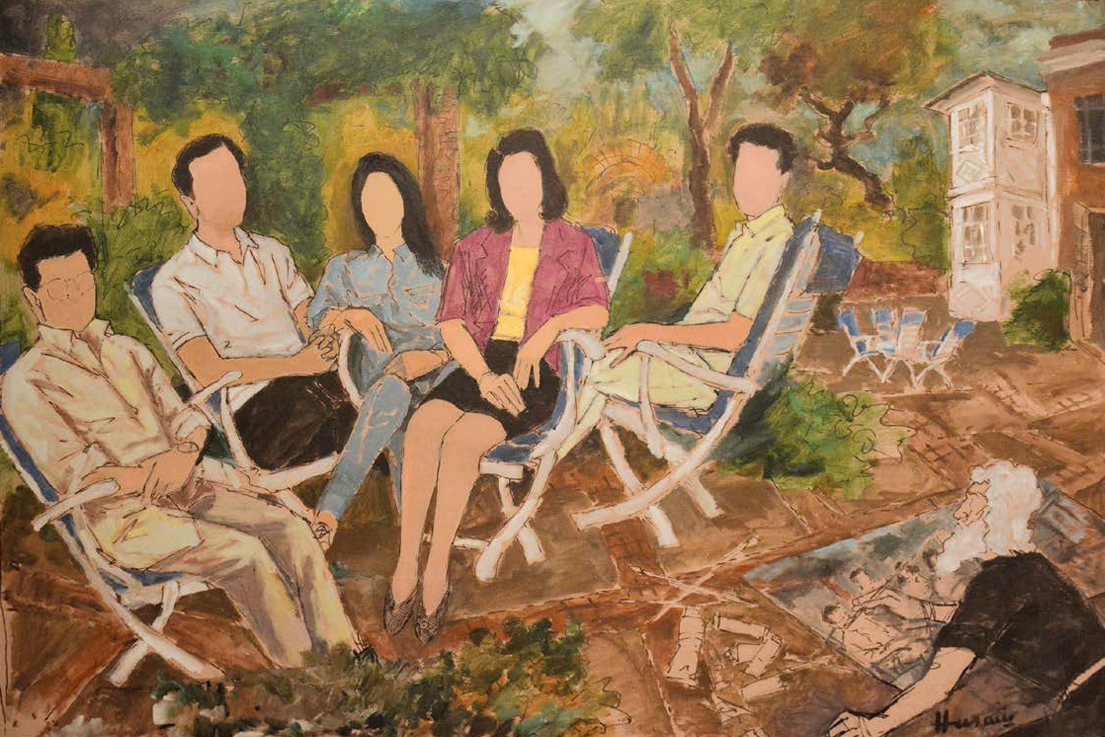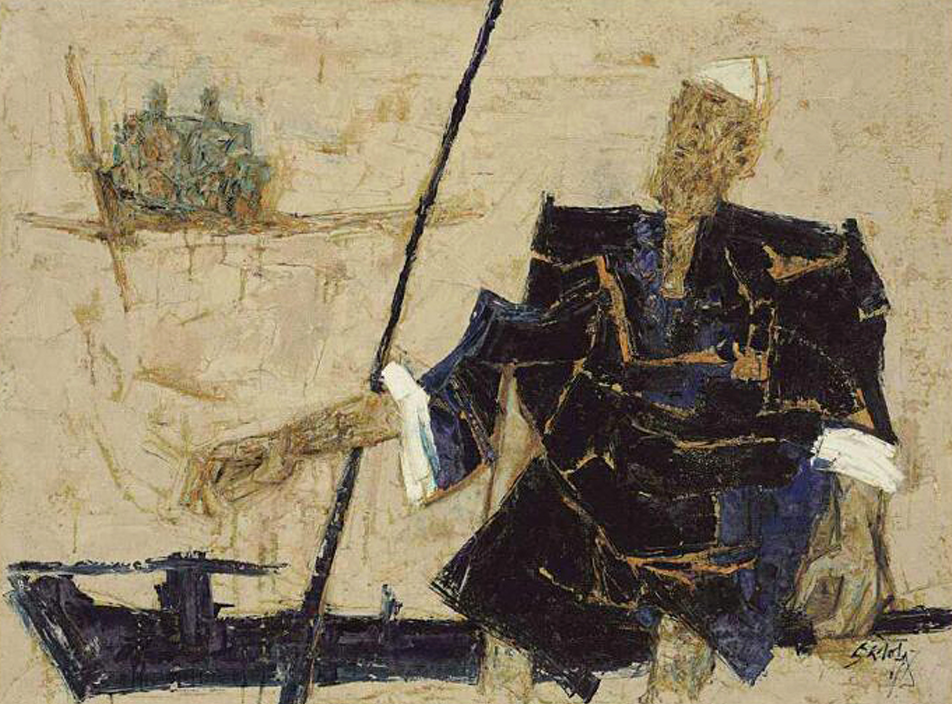M F HUSAIN
ABOUT
"They can put me in a jungle. Still, I can create."
Painter | India
Born in 1915
Died in 2011

Maqbool Fida Husain, often dubbed "India's Picasso," was arguably the most globally celebrated and controversial figure in Modern Indian Art, whose prolific career was dedicated to articulating the dynamic, multifaceted narrative of post-Independence India. A founding member of the Progressive Artists’ Group in 1947, Husain broke decisively from the nationalistic academicism of the Bengal School, synthesizing the fragmented perspectives of Cubism with the rich, narrative traditions of Indian sculpture, miniature painting, and popular culture, like cinema hoardings he once painted. His signature style is marked by bold, sweeping, calligraphic brushstrokes, a vibrant color palette, and a sense of perpetual motion. His work is a vast chronicle, encompassing subjects ranging from Hindu epics like the Mahabharata and figures like Mother Teresa to powerful national symbols. Most famously, his recurring motif of the horse—rendered in angular, dynamic forms—became a powerful metaphor for unbridled grace, strength, and freedom. Husain’s intention was to create an art that was both globally modernist and fundamentally Indian, but his later, provocative depictions of Hindu deities sparked intense controversy, leading to self-imposed exile. Despite this tumult, his relentless drive—as captured by his ethos, "I am like a folk painter. Paint and move ahead"—cemented his legacy as a titan who fearlessly pushed the boundaries of artistic and cultural expression in the subcontinent.



